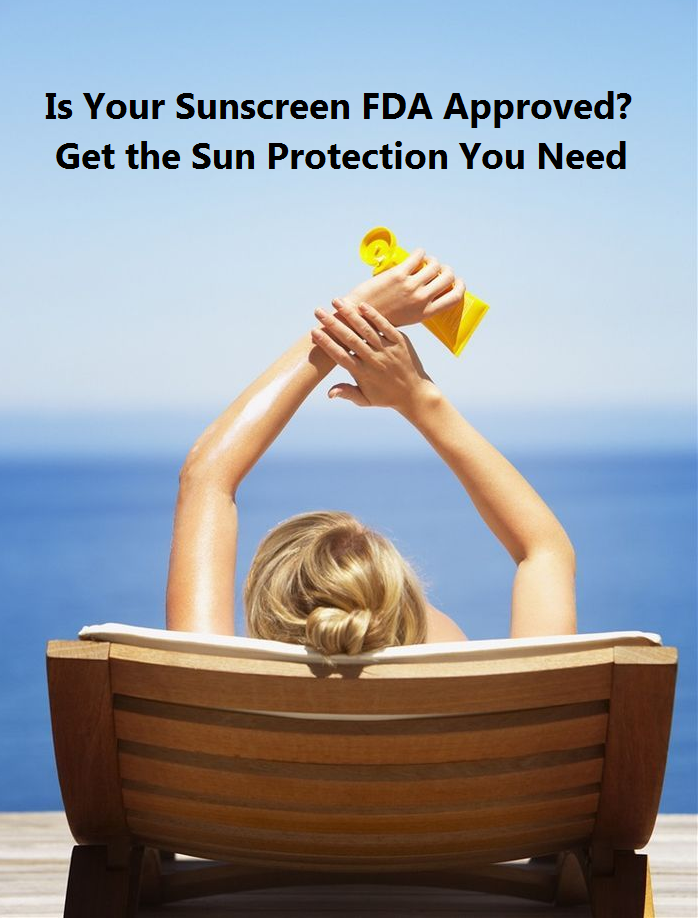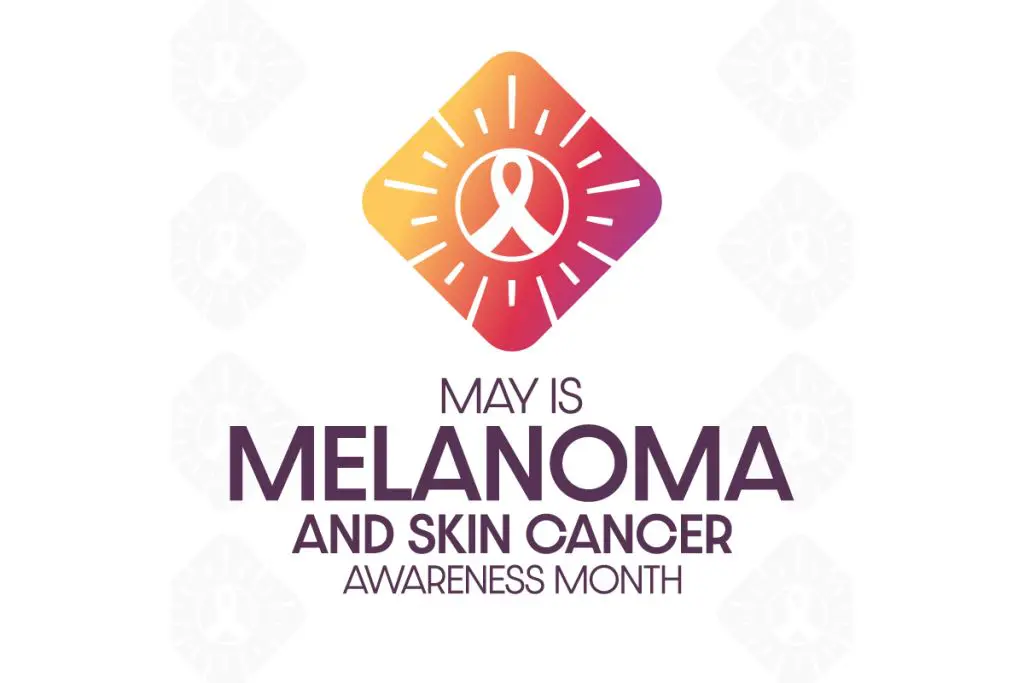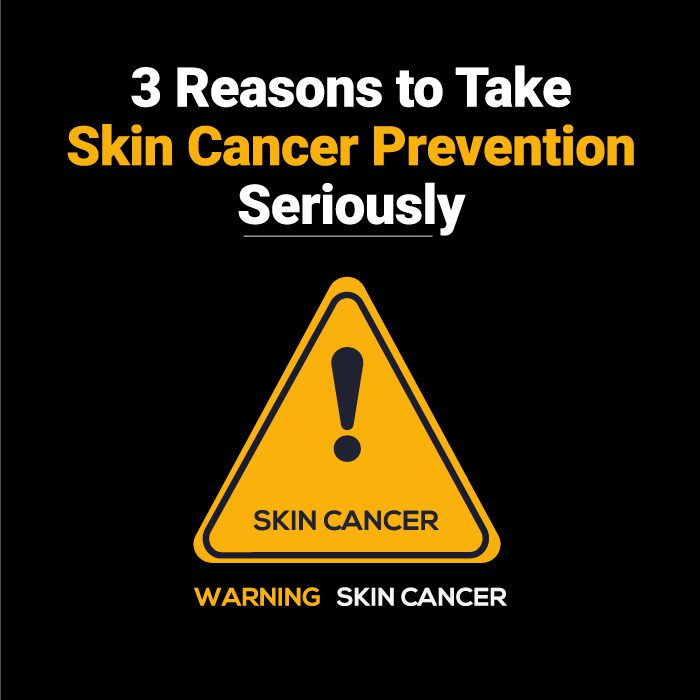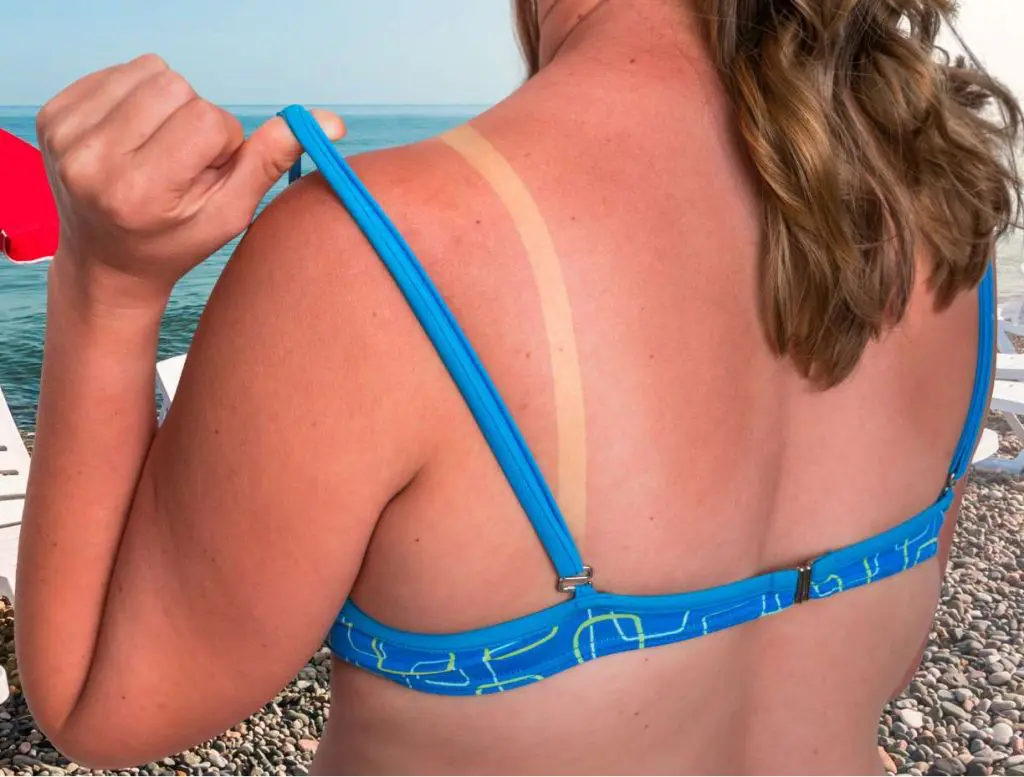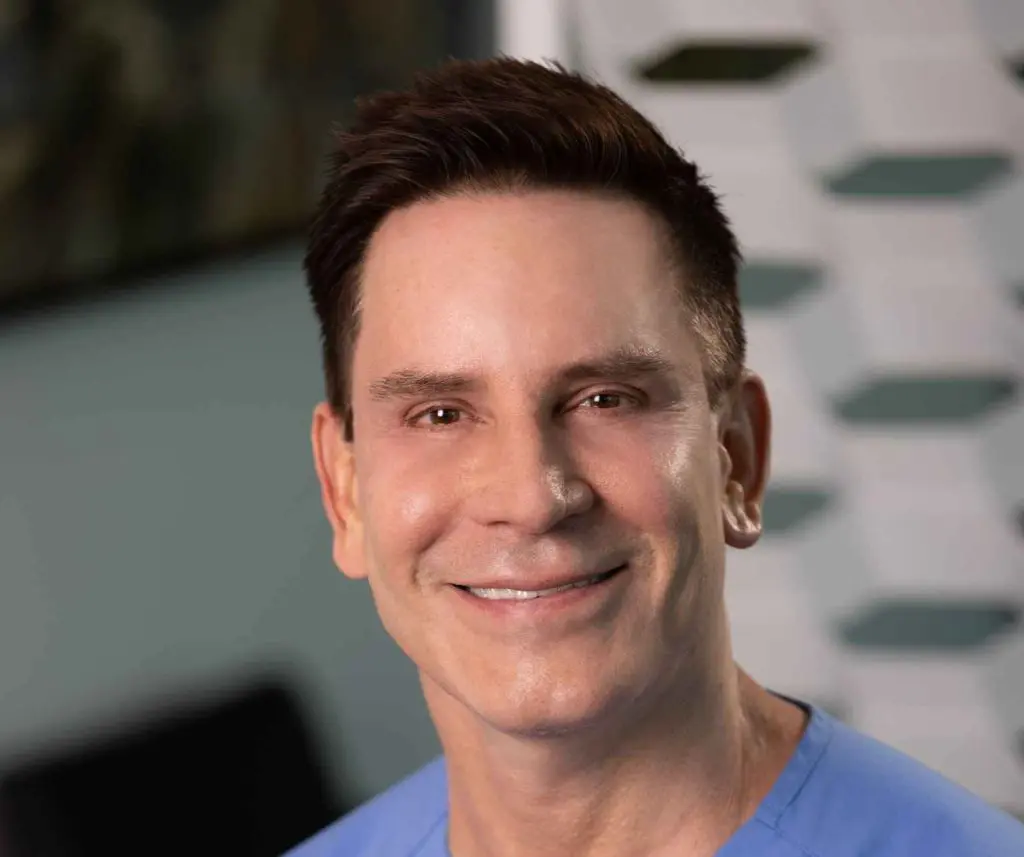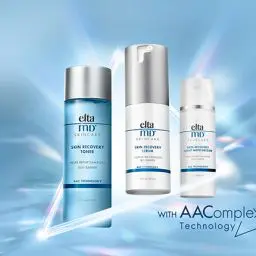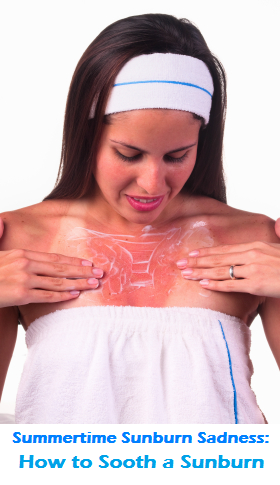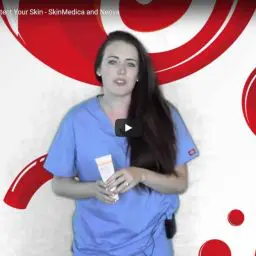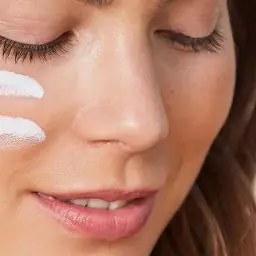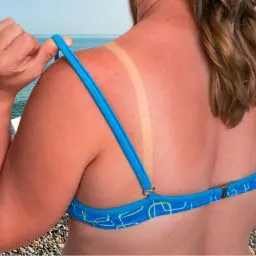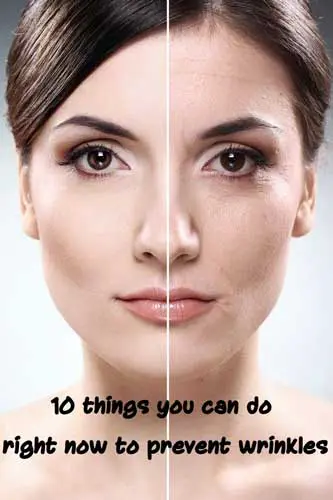Is Your Sunscreen FDA Approved?
Get the Sun Protection You Need.
New FDA labeling requirements have taken the guesswork out of choosing an effective sunscreen in the past several years. Products are required to state how much protection they truly provide and they must be scientifically tested to back up those claims. While most people know the risks of skin cancer, no one ever thinks it will happen to them. In our practice at Contour Dermatology we detected more than 2,000 skin cancers last year alone, including nearly 100 cases of malignant melanoma – enough reason to read the label!
Is Your Sunscreen FDA Approved?
Get the Sun Protection You Need.
New FDA labeling requirements have taken the guesswork out of choosing an effective sunscreen in the past several years. Products are required to state how much protection they truly provide and they must be scientifically tested to back up those claims. While most people know the risks of skin cancer, no one ever thinks it will happen to them. In our practice at Contour Dermatology we detected more than 2,000 skin cancers last year alone, including nearly 100 cases of malignant melanoma – enough reason to read the label!
Here is what to look for:
Broad Spectrum
This is the most important thing to look for when choosing your sunscreen. When the label proclaims a sunscreen to be broad spectrum, this means it has been tested and proven to protect you from both UVA and UVB rays. In the past label were only required to simply state an SPF number. The problem is even a high SPF number only indicates a product’s protection from UVB – the shorter wavelengths responsible for sunburn. Everyone needs protection from longer UVA wavelengths too – these penetrate deeper and cause skin cancer, brown spots and wrinkling. In order for a sunscreen to state that it protects against skin cancer and not just sunburn, the FDA now requires it must offer broad-spectrum protection.
Sun Protection Factor
As previously mentioned, SPF scales protection from UVB radiation. At Contour Dermatology, we’ve always recommended a minimum SPF 15. This corresponds with the FDA’s ruling that a sunscreen must be SPF 15 or higher in order to claim it protects against skin cancer. A maximum limit has been set on this number at SPF 50+ since anything over 50 does not give you much more protection. While we recommend and sell sunscreens with an SPF 50+, please don’t let that lull you into a false sense of security and forget to reapply at least every two hours.
Water Resistance
If you’re going to be swimming or participating in an outdoor sport, definitely choose a water-resistant sunscreen. Especially when you’re having fun in the sun your chances of “sweating” off your protection puts you at a greater risk. The more familiar terms are “water proof” or “sweat proof” you’re probably used to seeing these on labels but they have been banned because the FDA has determined them misleading. New regulations require labels bearing the words “water-resistant” state how long you can expect to get the declared SPF level while swimming or sweating. Based on standardized testing, it’s either up to 40 or 80 minutes. Again, re-applying your sunscreen is key to protecting yourself.
Unless you’ve recently purchased sunscreen, it’s probably best to toss old supplies not offering broad- spectrum protection. The FDA is currently studying the effectiveness of spray sunscreens. Remember, correct use of sunscreen and sun protective clothing not only helps prevent skin cancer and sunburn, it can help minimize the on-sets of aging. Always remember not all sunscreens are created equal. Read the label and avoid getting “burned” in more ways than one.


